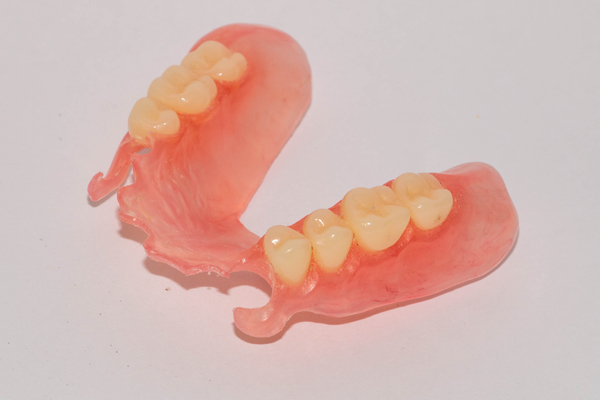 Your general dentist can repair your teeth that have minor decay. Cavities develop once bacterial acids start attacking the enamel. Patients with this dental problem often suffer from dental sensitivity. Dental fillings can stop them from worsening. Here are the details on how a general dentist provides a dental filling.
Your general dentist can repair your teeth that have minor decay. Cavities develop once bacterial acids start attacking the enamel. Patients with this dental problem often suffer from dental sensitivity. Dental fillings can stop them from worsening. Here are the details on how a general dentist provides a dental filling.
Planning and consultation
Inspecting the patient’s teeth before starting the treatment is the ideal first step. This can help determine which teeth need dental fillings. The general dentist will perform a physical dental exam and order dental X-rays. Doing so can help spot areas that may have fractures or deep decay.
Dental fillings are good for minor cavities or fractures. Severe cases may need implants or dental crowns. The general dentist will apply fillings to prevent cavities from worsening. Options for filling materials are metal, porcelain, and glass ionomer, as well as composite bonding. The right type of filling will depend on factors like the patient’s medical history, preference, and budget.
The treatment
Most dentists numb the area with a local anesthetic. This can make the experience relaxing and painless for the patient. The general dentist will remove the decayed areas with a grinder or laser. Roughening the area with an acid gel can also remove the remaining debris or even bacteria.
Applying the dental filling will come next. The most common material is a composite resin. Exposing the areas that need it will keep the dental filling in place. Shaping and polishing it will allow it to blend well with the rest of the natural teeth.
Follow-up visits
These dental appointments are important. The general dentist will check how well the dental fillings are holding up. Discussing decay prevention near or underneath the dental filling is important. This can even help prevent cavity formation in other teeth.
Good oral care practices, such as using fluoride toothpaste while brushing for two minutes at least two times a day, can make dental fillings last for a long time. Flossing every day can remove food particles and plaque between teeth. The general dentist can apply a dental sealant on the back teeth after providing the fillings. This is necessary if the patient has a high risk of tartar and cavities. Regular professional cleanings can prevent the buildup of plaque and more cavities.
The benefits of dental fillings
These dental restorations can treat cavities. The general dentist can finish the treatment in one visit. Fillings are common, especially in children. Here are the benefits of getting a dental fillings treatment:
- It brings back the function of the tooth. A broken, worn, or decayed tooth can lead to ineffective eating or speaking. The general dentist can apply dental fillings to allow each tooth to perform like before.
- It prevents more cavity development.
- It can lead to lasting repairs. Proper care and maintenance can make fillings last for seven to 10 years. The longevity of these restorations also depends on the materials they have.
- It strengthens the tooth.
- It can enhance the tooth’s appearance.
Your general dentist can provide you with the right type of fillings
Tooth decay can develop over time. Regular checkups can determine which teeth need fillings. The appointment will not take that long to finish. Working with your general dentist will enable you to sleep, eat, and smile without any problem.
Request an appointment or call Dentistry for Woodstock at 770-238-1437 for an appointment in our Woodstock office.
Recent Posts
Are you new to the Woodstock area? Choosing a new general dentist is an important decision that can impact your long-term oral health. This dental professional provides preventive care, diagnoses dental issues, and performs essential treatments, making your dental provider an essential part of a comprehensive healthcare team.A general dentist serves as the primary care…
Regular visits to a general dentist are essential for maintaining optimal oral health. A general dentist is responsible for routine check-ups and cleanings and provides a wide range of services to prevent, diagnose, and treat various dental issues. From preventive care to restorative procedures, a general dentist plays a crucial role in ensuring your teeth,…
Whether you have not visited the dentist in a long time, have never been, or are simply switching general dentists, it is normal to have questions on your mind. Patients often want to ask about their current oral health, such as whether they need to be worried about cavities or persistent tooth sensitivity. They may…


